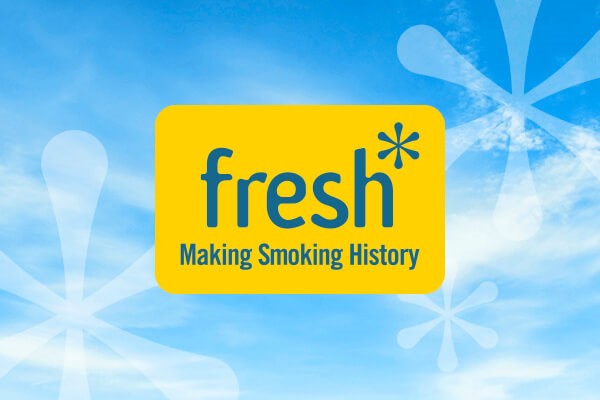Fresh welcomes lowest recorded rates for smoking during pregnancy

Fresh has welcomed new figures which suggest the North East is down to its lowest ever recorded rate of smoking during pregnancy, despite still having the highest rate nationally.
Smoking rates among women who are pregnant fell from 18% in Quarter 1 2014/15 down to 16.3% in Quarter 1 2015/16. This is the lowest figure the North East has ever had on record, with every Clinical Commissioning Group area down on last year. This compares to national Smoking at the time of delivery (SATOD) rates of 10.7%.
The North East has been the first region to introduce a major initiative to reduce smoking during pregnancy, supported by all eight of the North East’s hospital foundation trusts, and all Stop Smoking Services. babyClear ensures every woman smoking during pregnancy is now given full, frank and factual information from a trained health professional about the harmful effects of carbon monoxide (CO)within tobacco smoke and given support to quit.
Lisa Surtees, Acting Director of Fresh, said: “This is a small decrease but an incredibly welcome sign that fewer unborn babies in our region are being exposed to the harmful effects of smoking. Smoking during pregnancy can increase the risks of miscarriage and stillbirth, or having a premature baby who needs lots of medical attention.
“babyClear was a national first in the North East to embed best practice in every maternity unit across a whole region. It’s important that midwives are able to give mums easy to understand messages that reduce the risks.
“We still have lots to do before we are down to the national average or lower, but we are moving in the right direction.
“Women need the facts but also to know there is excellent free support to quit smoking where they will be supported and helped, not have the finger wagged at them.”
Following babyClear’s launch in 2013, around 450 midwifery staff and 150 Stop Smoking Service advisers have received skills training to discuss the issues with women in a factual, blame-free way, as well as being provided with equipment to deliver interventions. It works in two ways:
- Women now receive carbon monoxide (CO) screening as part of the routine tests they receive during their first appointment with midwifery staff. High CO readings can be down to tobacco smoke but also faulty exhausts or poorly ventilated heating appliance. All high CO readings are routinely referred to NHS Stop Smoking Services within 24 hours.
- Midwives in all North East hospital trusts talk women still smoking at their 12 week dating scan through a more detailed, hard-hitting discussion using new software to show the potential harm being done when a baby is exposed to carbon monoxide.
When a smoker inhales, the 4000 chemicals in smoke, such as arsenic, benzene and formaldehyde, are absorbed through the lungs and move into the bloodstream. In pregnant women, the chemicals are passed to the baby via the placenta, depriving the unborn infant of vital oxygen.
A report by the Royal College of Physicians found maternal smoking causes up to 5,000 miscarriages, 300 perinatal deaths and 2,200 premature births a year nationwide. In the North East that breaks down to 360 miscarriages, 22 perinatal deaths and 160 premature births.
